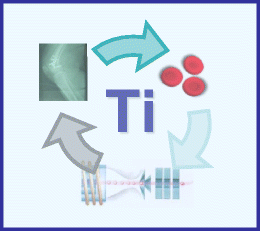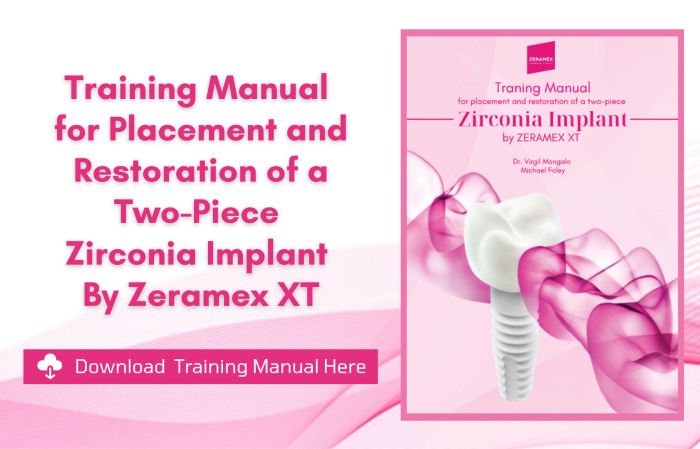Summary
Titanium implants are routinely used for bone fractures as well as dental work. It has recently been shown that titanium-based implants both corrode and degrade, generating metallic debris. There is some concern over the increased concentrations of circulating metal-degradation products derived from these implants, and their potential harmful biological effects over a period of time, including hepatic injury and renal lesions.
Nuevo-Ordóñez and team collected blood from 40 healthy individuals and 37 patients with titanium implants — 15 had tibia implants, eight had femur implants, and 14 had humerus implants (eight internal and six external fixation implants). They used their new method, based on isotope dilution analysis and mass spectrometry, or IDA-ICP-MS, to analyze the blood samples.
They found that control individuals had very low levels of titanium in the blood whereas titanium concentrations were significantly higher for all the patients with implants. The sensitivity of the method was such that the researchers were also able to show significant differences in titanium levels for different types of bone fixation devices. The more invasive implants shed more metallic debris into the blood than the external, superficial designs. The work also identified how the titanium from the implants is transported in the bloodstream and potentially distributed and accumulated.

